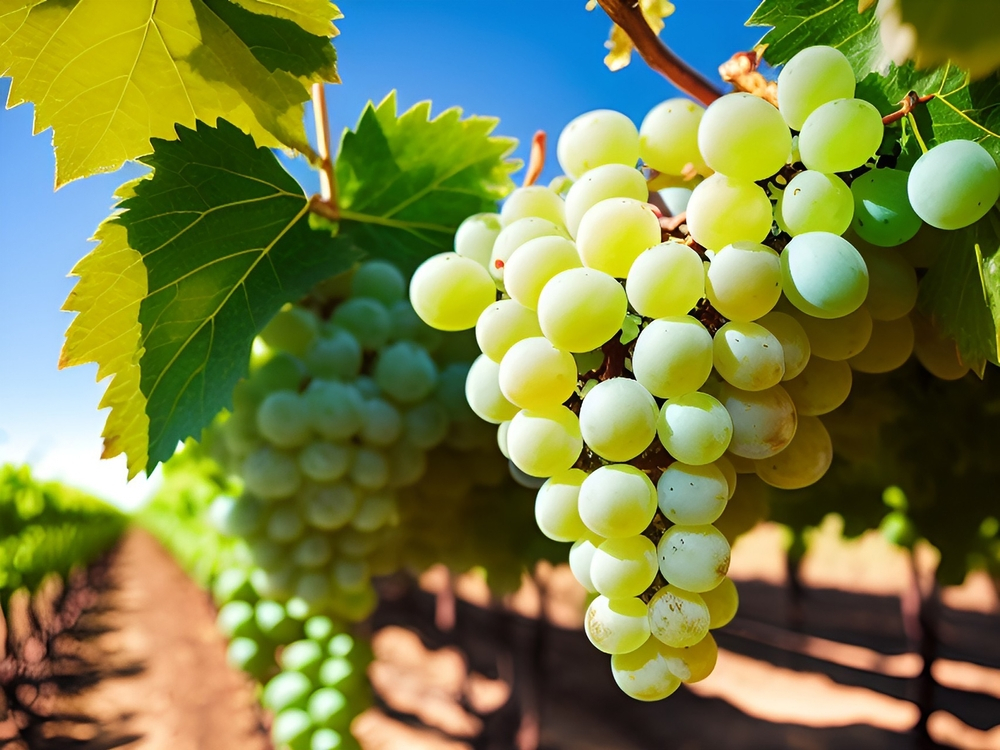In a recent interview, Morocco’s Minister of Agriculture, Mohamed Sadiki, has highlighted the nation’s urgent water situation, emphasizing that providing drinking water is currently the top priority.
The country faces challenges due to delayed rainfall and drought, necessitating a strategic approach to balance the critical needs of both the agricultural and domestic sectors.
Sadiki acknowledged the importance of irrigated agriculture to the nation but emphasized that ensuring an adequate supply of drinking water takes precedence. Despite promising early rains in the agricultural campaign, the current precipitation levels pose a challenge.
Consequently, Morocco has implemented measures to address the situation, including restrictions on expanding water-intensive crops such as citrus fruits, avocados, and watermelons.
In response to the water scarcity challenges, Morocco is now favoring the cultivation of more drought-resistant crops. This shift includes a focus on pistachios, carob trees, almonds, argan trees, olives, and date palms. The decision aims to mitigate the strain on water resources while sustaining agricultural productivity.
Despite these efforts, concerns persist about the production of water-thirsty crops such as avocados and watermelons. Recent data revealed that Morocco became the second-largest supplier of watermelons in the European Union, surpassing Italy and trailing only behind Spain.
The increase in exports and local consumption of these crops has raised questions about the effectiveness of the imposed restrictions.
Morocco’s Agriculture Minister affirmed the government’s commitment to addressing the situation, citing the need to respond to the significant decrease in precipitation and water reserves in dams. The water deficit in irrigated regions has prompted the launch of a close monitoring program to rationalize water use in these areas.
A World Bank report in April 2023 pointed out farmers’ responsibility in exacerbating the water crisis. The report highlighted that farmers regularly disregard public regulations on water management, believing that the state should not restrict their water use. Addressing this, the government is working to find fresh solutions to tackle water stress challenges in the Middle East and North African region (MENA).
As Morocco navigates its water scarcity challenges, it remains to be seen how the nation’s shift towards drought-resistant crops will impact its agricultural landscape. The government’s commitment to implementing measures and monitoring water use reflects a proactive stance, but the delicate balance between agriculture and water supply requires continuous attention.
The global community, especially in regions facing similar water stress issues, can draw lessons from Morocco’s experience in adopting sustainable practices to ensure food security in the face of changing climate patterns.


Comments are closed.